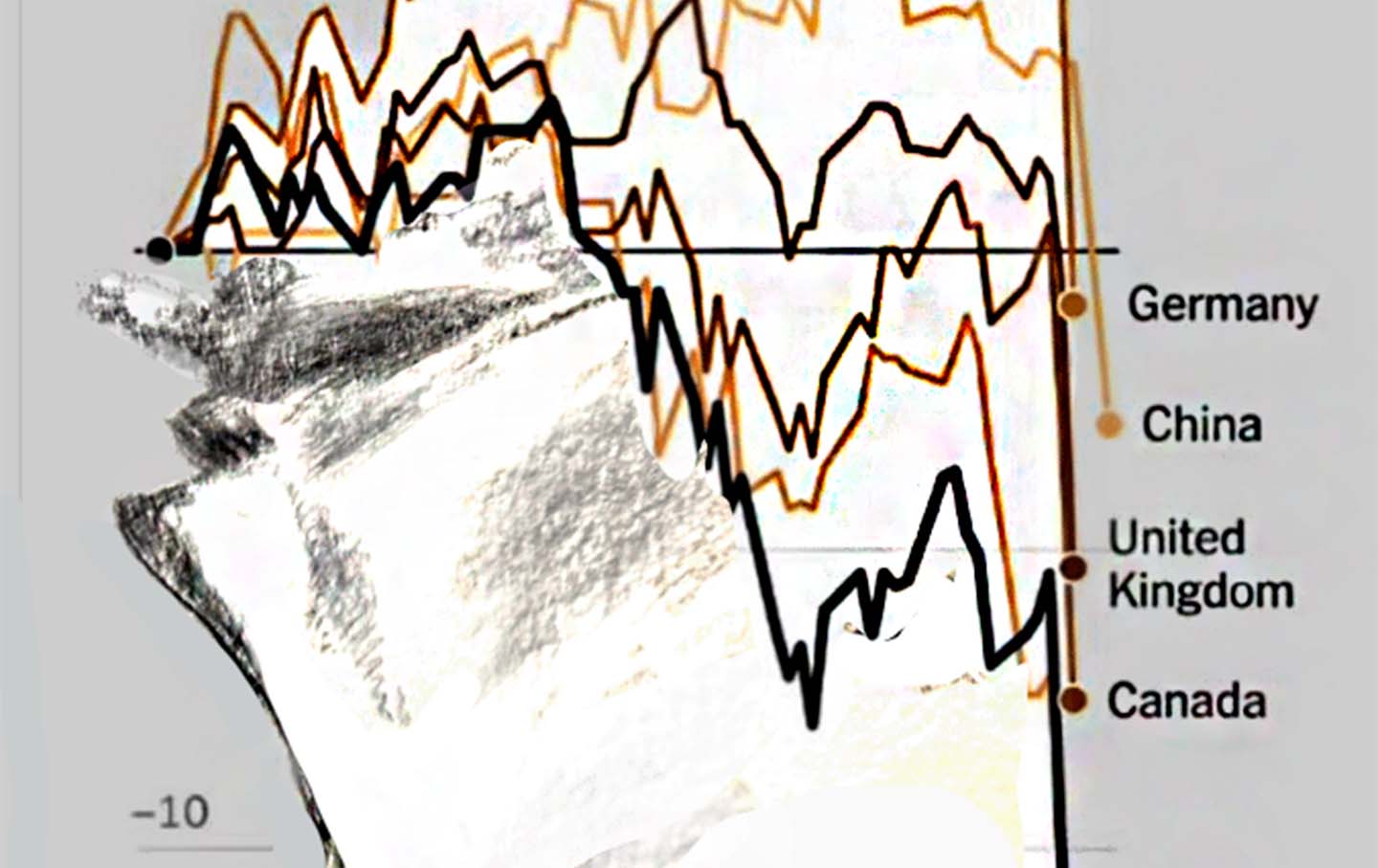
"Douglass recognized that he had been guilty of a type of idolatry, putting faith in men over the higher power of destiny, reflecting his devout belief."
"When Douglass faced his crisis of doubt, he prepared a speech denouncing the evil of the Dred Scott decision, highlighting Americaâs hypocrisy on freedom."
"Bishop Barber's explanation of Douglass's realization brought a calm and certitude about our present predicament, suggesting that history has a way of correcting itself."
"Douglass pondered if the Dred Scott decision initiated a series of events that would ultimately lead to the downfall of slavery, signifying hope from despair."
The article narrates a significant moment shared by Bishop William Barber, recounting Frederick Douglass's struggle with despair following the Dred Scott decision in 1857. Harriet Tubman's probing question helped Douglass realize that he had misplaced his faith in human institutions instead of trusting in a higher power. This revelation spurred him to compose a powerful speech denouncing the hypocrisy of a country that claimed to value freedom while upholding slavery. This historical reflection serves as a reminder of resilience in the face of adversity and suggests that current challenges, while daunting, can lead to transformative change.
Read at The Nation
Unable to calculate read time
Collection
[
|
...
]